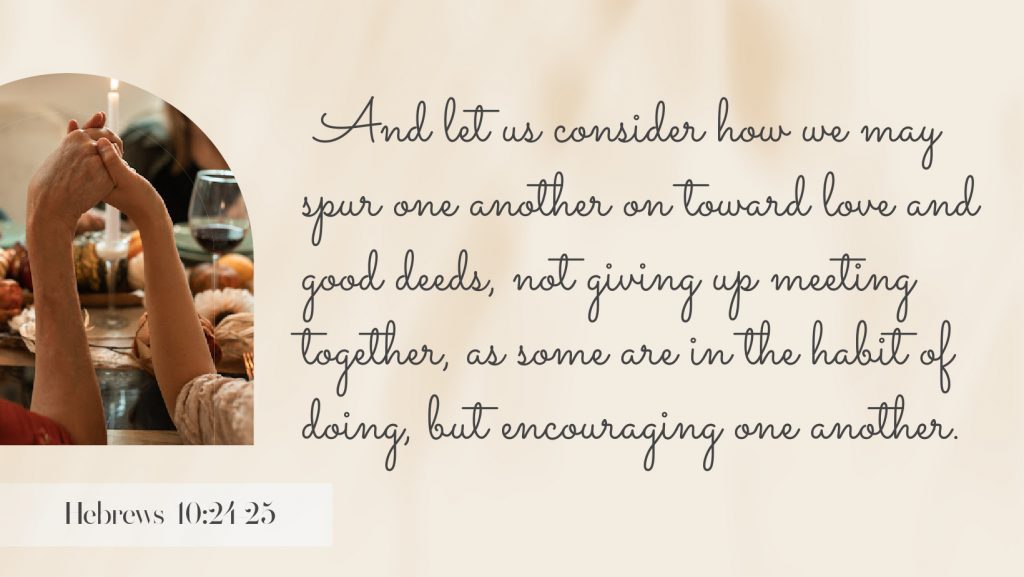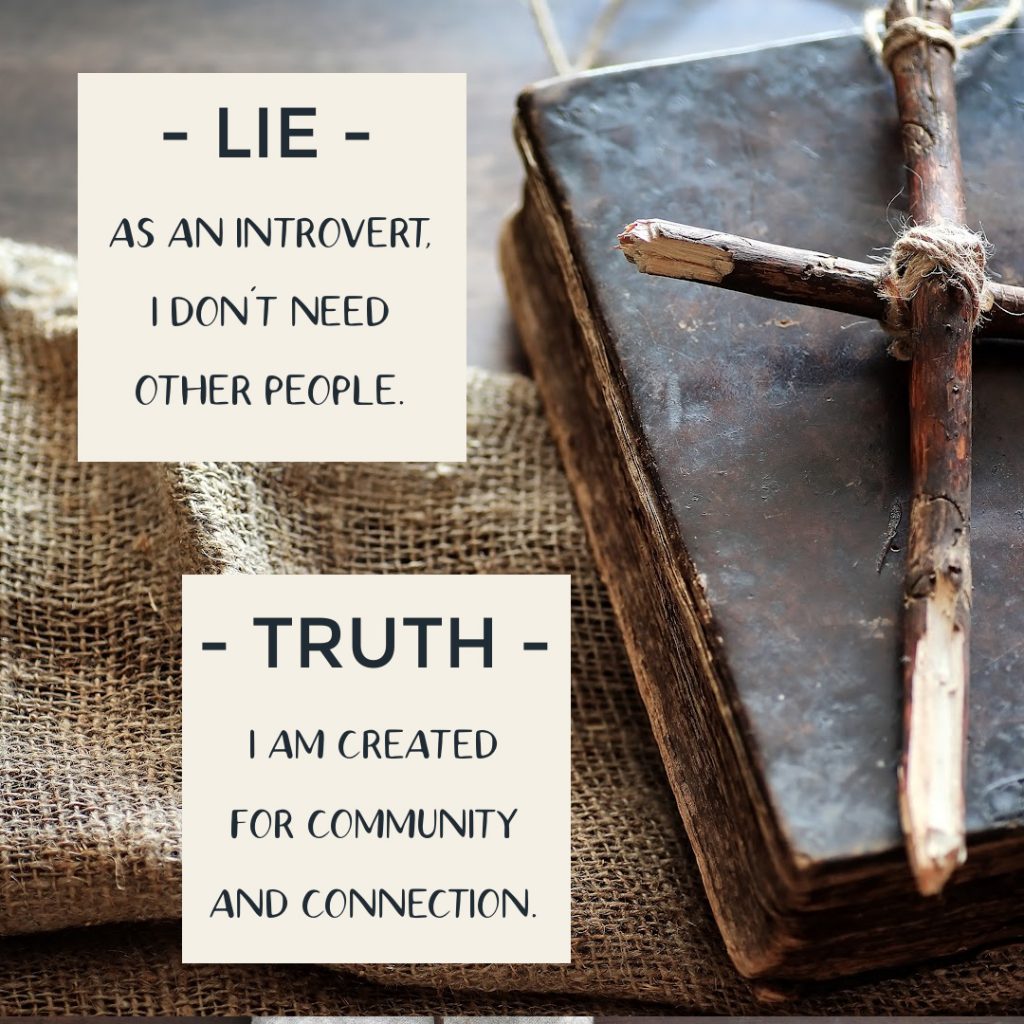Acquaintances and newer friends are often surprised to learn that I identify as an introvert. When I meet new people, I tend to come across as outgoing and social: I love getting to know people, asking questions, and sharing deeply about myself—all qualities generally associated with extroversion.
What those closest to me know is that, while I LOVE engaging with people in these ways, it is draining for me. I come home from parties, gatherings, or even just a trip to the store feeling depleted and in need of some solo recharging. This alone time is so restorative and enjoyable for me, I’ve joked in the past that I would be perfectly happy in solitary confinement, and that being stranded (with supplies) on a deserted island would be my version of paradise.

When I gave birth to the twins in September of 2019, it meant we were home a lot more than in the past, and I didn’t mind. And when strict stay-at-home measures took effect the following spring, I barely missed the in-person interactions with strangers or friends. I thought I was doing fine. . . and then, all of a sudden, I wasn’t.
I can’t be sure how much my breakdown in the fall of 2020 (and further mental turmoils of last winter) can be attributed to isolation, but looking back I am able to see that all that alone time certainly didn’t do me any favors. While it’s true that I am an introvert who needs plenty of personal space and time to myself, I am not, in fact, built for life as a hermit. In fact, if you’ll permit me to make a sweeping generalization, I will assert that that NONE of us are designed for life alone.
Community and connection preexist humanity. God Himself is a triune God—God the Father, God the Son, and God the Holy Spirit—and God, therefore, experiences complete connection and fellowship within Himself. He desired this same fellowship for His creation. This is first seen in the Garden of Eden, when God observed it was not good for man to be alone and created Eve as a companion for Adam. Throughout Scripture we see God working in and through whole families and people groups—not to the exclusion of His relationships with individuals, but as a way of fortifying and enhancing each unique connection. (For instance: God spoke one-on-one with Moses for the purposes of having Moses lead the entire nation of Israel. God did not pull Moses away from His people, but nudged him deeper towards them.)
This emphasis on community is not exclusive to the Old Testament. Jesus Himself lived within community at varying levels: He had His closest friends (Peter, James, and John), His twelve disciples, His family, and broader groups of followers. He demonstrated the value of friendship and fellowship within His own life—a life not lived in isolation, even though as God He was complete in Himself! The early church adopted Jesus’ model, embracing His teachings and those of Paul, who reminded believers that they were not their own, but part of a larger, interdependent group.

In our individualistic society, it’s easy to forget how desperately we need others. Thanks to modern conveniences, we can technically go it alone in ways no past generations could. But many of us have begun to feel the weight of loneliness birthed out of so much isolation and self-focus. Our souls are empty, crying out for connection. We seek relationship in online forums or other superficial sources. Sometimes we even meet with these people in person, but we keep parts of ourselves closed, refusing to let outsiders in. And without opening the door to our true, full selves, we destine our relationships to failure before they can even begin.
Over the past few months, as my mind and spirit have begun to heal, I have started to have the energy and wherewithal to participate in genuine, honest-to-goodness community again. I’m engaging in new church groups and forming new friendships. I’ve shocked myself by hosting playdates, accepting invitations to small gatherings, and reaching out to friends to chat or hang out. I’m bursting out of my bubble, and in bringing my whole self into these new communities I am finding how they bring me life! Yes, I’m still an introvert who needs a decent amount of recovery time after long stretches of engagement, but ultimately these social outlets have been refreshingly and astonishingly life-giving. People (REAL PEOPLE) are fueling my malnourished soul, breathing the joy and purpose of companionship into lonely corners of my life that collected dust for too long.
These forays into community are shining light on a lie I had believed about myself: that I didn’t need people! And they are revealing a new truth: my life is better when others are a part of it. Fellowship with other believers (with ALL humans) does not replace my relationship with the Lord; it enhances it, as God speaks to me through the lives and words of others and uses me to do the same for them.

God hasn’t transformed me into an extrovert, but He has shown me the fruitfulness that comes from stepping out of my introverted comfort zone to taste the goodness of community. As I commit to faithfully showing up for this banquet of fellowship, I have no doubt He will continue to treat me to the tasty goodness that connection can bring.
I think of myself as a social introvert! I recently told my extroverted husband “I think I like people more than you do!” While he loves to talk and entertain, I crave connection! He’s the talker, I’m the questioner and listener. We attend social events for entirely different reasons! He loves to visit every table! I’m content to visit and connect with one person!